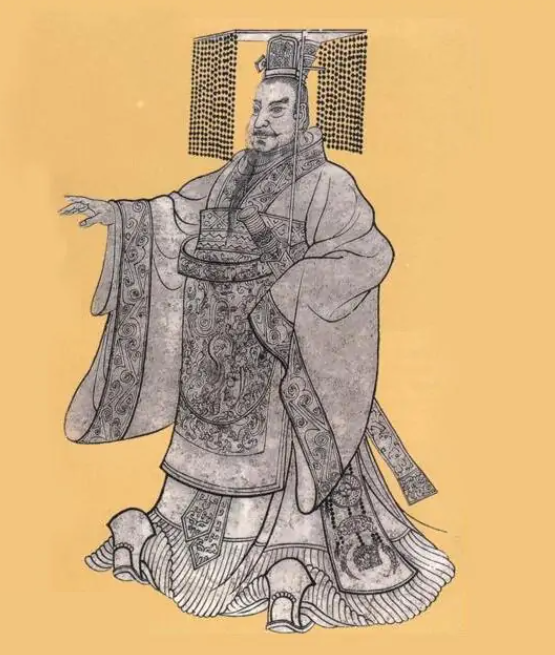Qin Shi Huang-Ying Zheng
Ying Zheng, the first emperor of Qin Dynasty (259-210 BC), took the surname of Ying, the surname of Zhao, and the name of Zheng, also known as Zhao Zheng and ZuLong. The son of King Zhuang Xiang of Qin Dynasty and Zhao Ji. An outstanding statesman, strategist and reformer in ancient China, a political figure who completed the unification of China for the first time, and also the first monarch in China to be called emperor.

Ying Zheng was born in Handan, the capital of the state of Zhao, and then returned to the state of Qin. He succeeded to the throne in 247 BC when he was 13 years old. In 238 BC, the rebellion of Changxin Hougu was put down, and then Lv Buwei, the powerful minister, was eliminated and began to take charge of the great government. From 230 BC to 221 BC, Li Si, Wang Jian and others were re-appointed. They successively destroyed the six countries of Korea, Zhao, Wei, Chu, Yan and Qi, completed the great cause of unifying China, and established a centralized and unified multi-ethnic country - the Qin Dynasty.
In 221 BC, after the unification of the six kingdoms by Qin Dynasty, Ying Zheng, king of Qin, considered himself "virtuous and the three emperors and merited the Five Emperors", so he adopted the "emperor" of the three emperors and the "emperor" of the five emperors to form the title of "Emperor". He was the first monarch to use the title of "emperor" in Chinese history, so he called himself "first emperor". At the same time, the central government implements three public and nine ministers to manage state affairs; Local governments abolished the enfeoffment system and replaced it with the county system; At the same time, the books are the same, the cars are on the same track, and the currency and weights and measures are unified. Attack the Huns in the north, invade Baiyue in the South and build the great wall; Build Lingqu to connect the Yangtze River and pearl river systems. But in his later years, Qin Shihuang sought immortality, dreamed of longevity, tyrannized the people, strangled the wisdom of the people, and shook the foundation of the rule of the Qin Dynasty. In 210 BC, Qin Shihuang died in Xingtai dune on his way to the East.
Qin Shihuang established the basic pattern of China's political system for more than 2000 years and was praised as "one emperor for thousands of years" by Li Zhi, a thinker of the Ming Dynasty.